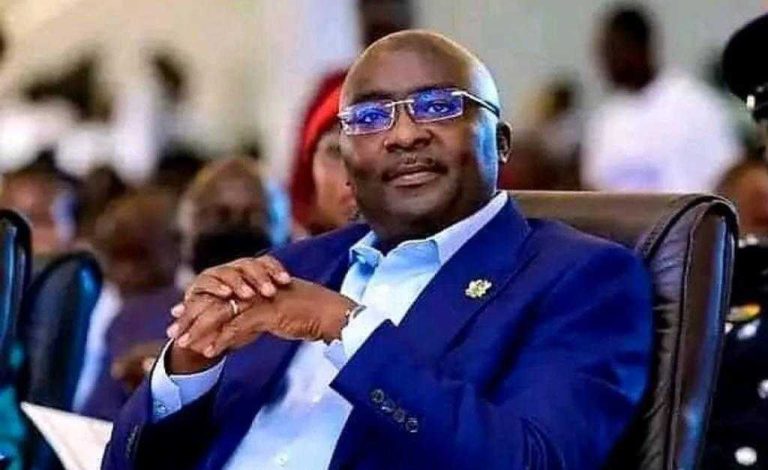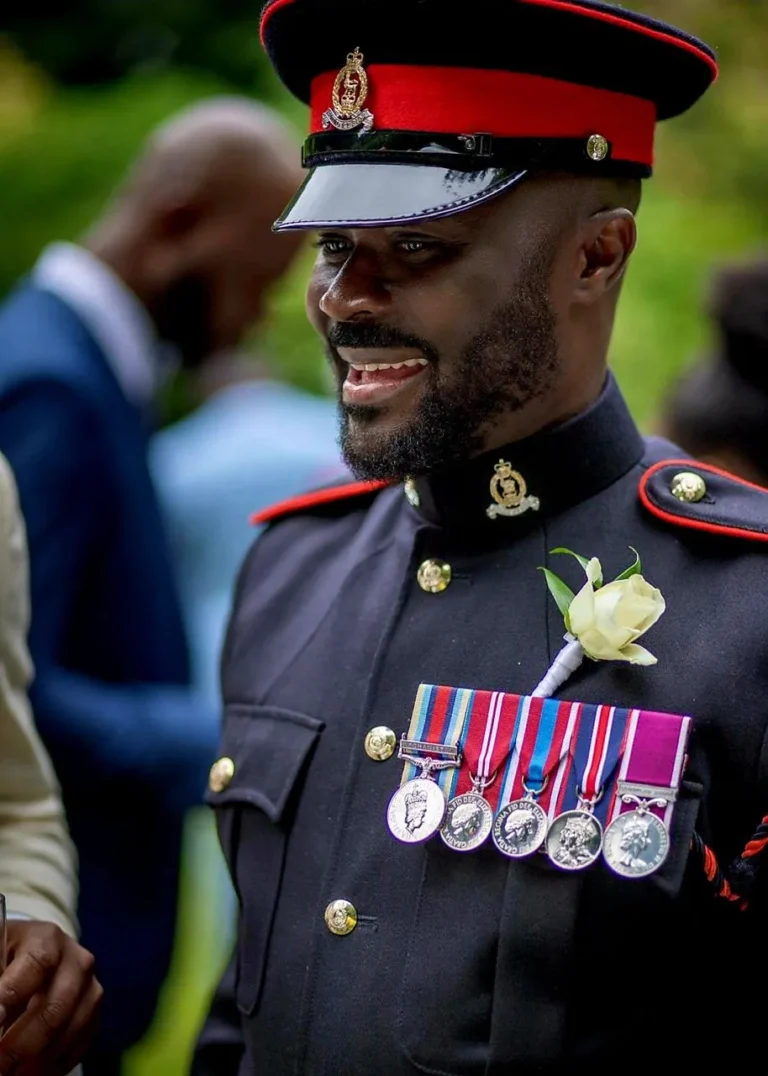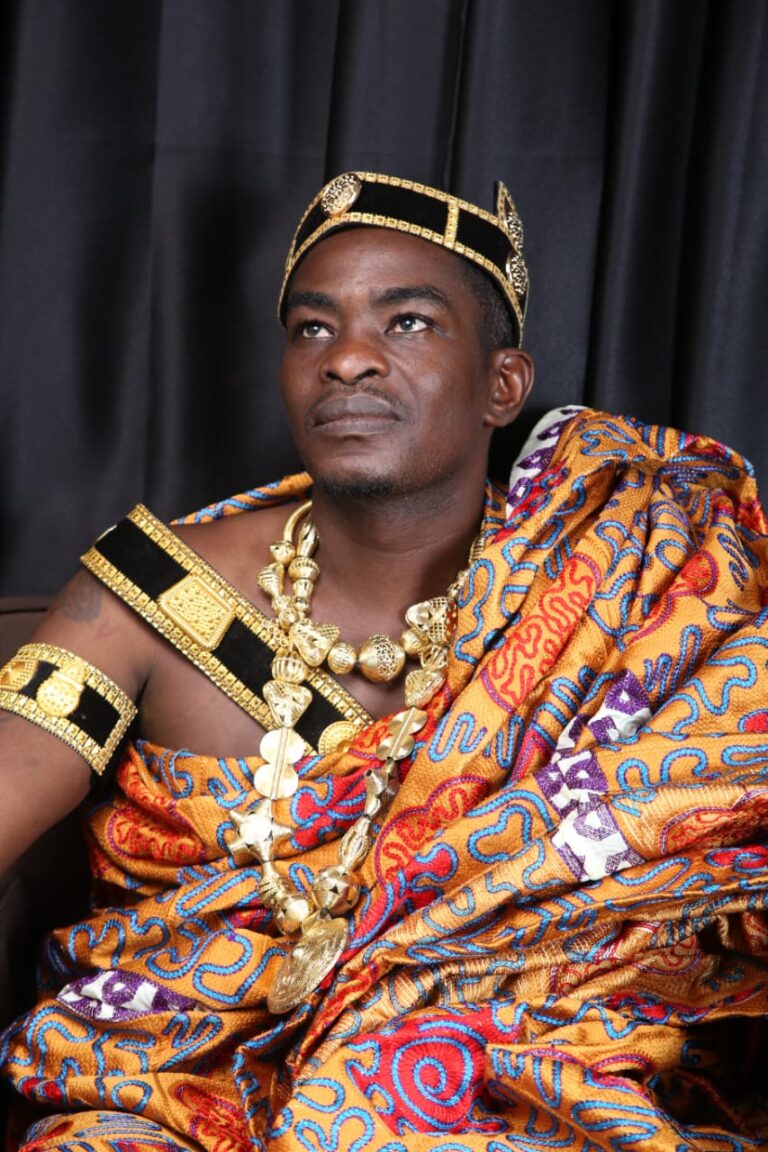
How Busia pleaded with the British government in 1957 not to grant Ghana independence: "We still need you."
It has come to light that there were other individuals who disagreed with Ghana’s 1957 independence being granted, including Joseph Boakye Danquah (JB Danquah), a founding member of the United Gold Coast Convention (UGCC).

Historian Kofi Abrefa Busia, who led Ghana as prime minister from 1969 to 1972, was likewise opposed to the country’s independence and attempted to prevent the British government from awarding Ghana its independence in 1957.
In his book Dark Days in Ghana, Kwame Nkrumah made this realization. In it, he describes the hardships he faced both before and after becoming president of Ghana in 1957 and 1966.
On March 7, 1957, Kwame Nkrumah gave a detailed account of the struggles that led up to independence, highlighting the roles that many people and groups played in preventing the realization of his “Self Government Now” ambition.
Kofi Abrefa Busia is one of these individuals, and according to Kwame Nkrumah, he even petitioned the British administration to prevent Ghana from gaining independence.
K.A. Busia informed the British authorities in his appeal that Ghana still required British rule and was not ready for independence.
Check out the following passages from Nkrumah’s book.
“With the exception of two members who arrived from Togoland, the opposition seats were vacant as the new Assembly was properly launched. Busia and his friends then offered an explanation for their tardiness, claiming that they were unable to pass through the thick crowds outside the Assembly.
During the opening ceremony, the Governor said that a bill declaring the Gold Coast a sovereign and independent state within the Commonwealth will be introduced by the government that same week. The opposition put forth an amendment the next day, calling the measure “premature” until more efforts were made to obtain “an agreed-upon Constitution.” Thirteen votes were needed to defeat the proposal.
The opposition then turned to their old strategies and told the media that they would not be present in the Assembly when the Independence Motion was brought up in the House.
Demonstrating his true support base, Busia declared that the opposition would send a delegation to the British government and that the conflict was based in London rather than the Gold Coast.
I wonder how the opposition managed to hold onto what little support they did have during these years, when they steadfastly refused to respect the decisions of the vast majority of people or to take part in national deliberations. Their behavior was so dishonest, undignified, and unpatriotic.
They joined forces with those who wanted to impede the nation’s advancement toward independence. Simultaneously, they declared their unwavering faith in democracy and were willing to attempt to impose the will of a minority on the majority of the country, thereby turning parliamentary administration into a farce. In reality, Busia, who headed the opposition team to London, pleaded with the British authorities against granting independence. It was not the time for the nation, he declared, adding, “We still need you (the British) in the Gold Coast.”
He probably would still say that the Americans were necessary today! There was no doubting that the Secretary of State’s requirements—that my motion for independence be approved by “a reasonable majority in the newly elected Legislature”—had been met, and finally a date for independence was set, March 6, 1957. He received some support from certain sections of the British press.

Other stories
-
This might be the next big thing from Apple.
-
How you may utilize a rule from the Depression era to lower the cost of your alcohol
-
A massive police operation brought an end to Columbia University’s encampment. How some schools get around that is as follows:
-
Despite working, they still require assistance to provide for their families.
-
Climate Change and Insurance: Adapting to a New Reality





